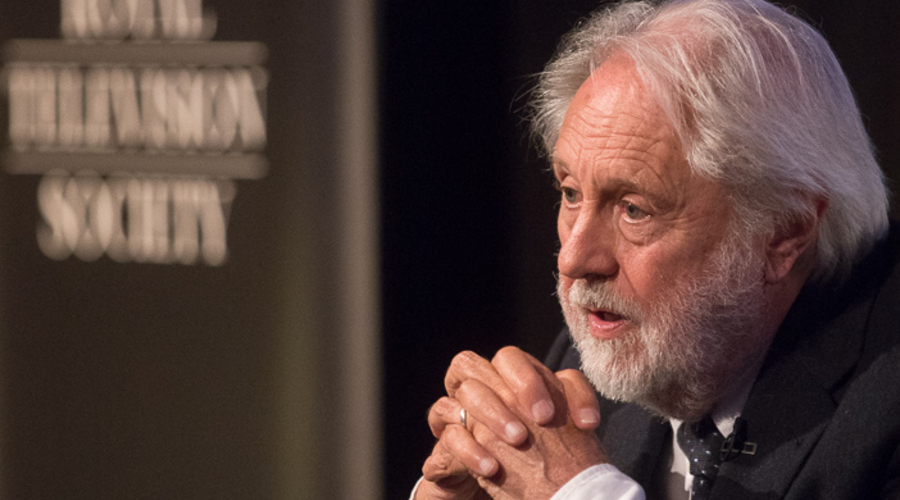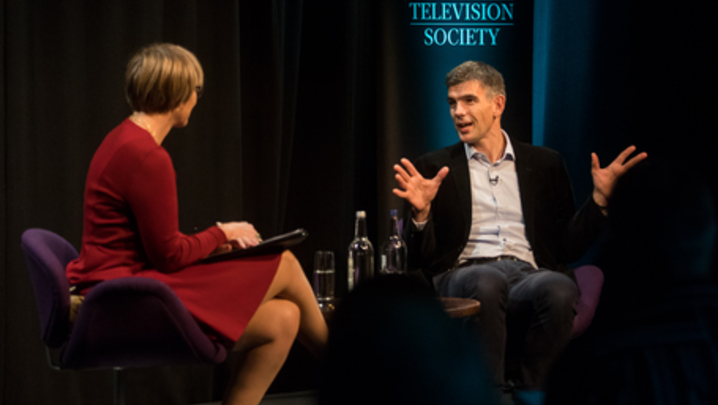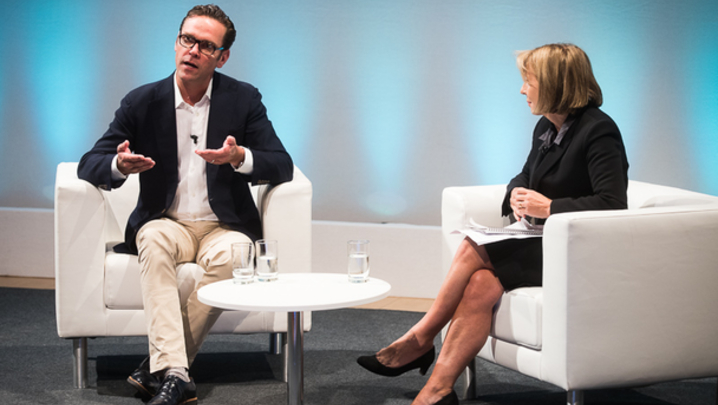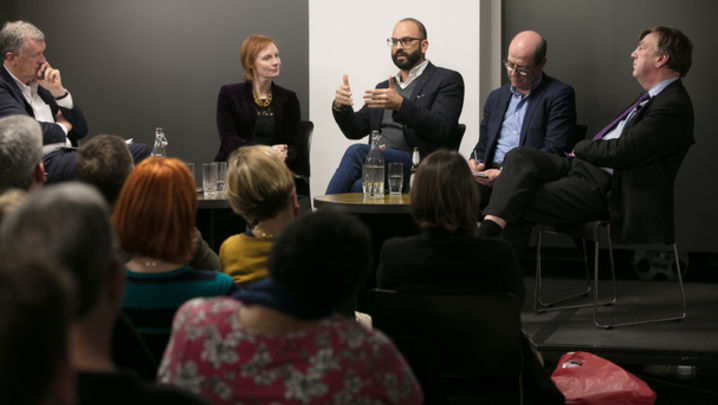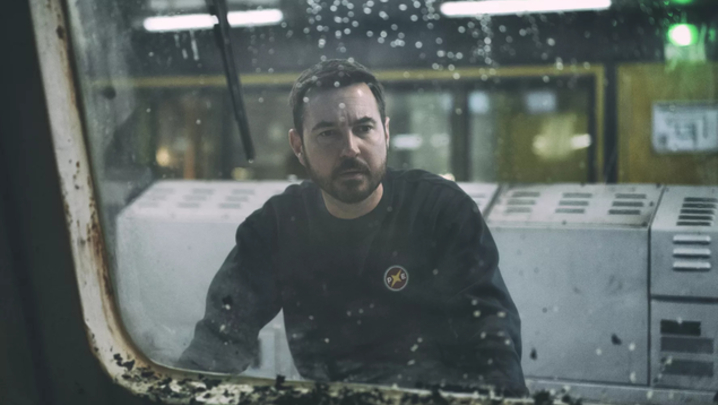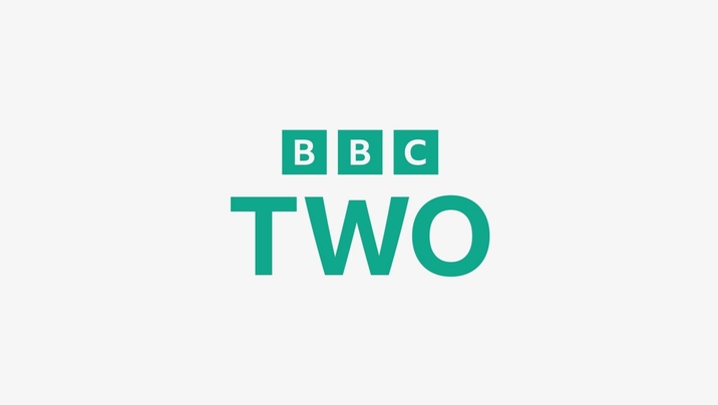Lord Puttnam has warned that the growing power of the US tech behemoths poses a threat to democracy.
In a high-concept, passionate RTS lecture, illustrated by film clips and quotes from such 20th century giants as John Maynard Keynes and Bob Dylan, Puttnam mounted a passionate case for media regulation to curb the excesses of “data capitalism.”
“Tech monopolies (Google, Amazon, Facebook) are taking over the internet. A pernicious form of corporatism could, under the wrong set of circumstances, replace democracy as we have known and enjoyed it,” he said.
It was “nonsense” that these companies were too big to regulate.
“As democracy struggles data capitalism could well be proved to be uncontrollable. This is a very, very serious issue,” Puttnam claimed.
He said: “What on earth allows us to believe that the corporate state and corporatism left unchecked is going to provide for us a world that we actually want to live in?
Lord Puttnam insisted that as a nation we are “sleep walking” to a world in which companies like Cambridge Analytica have the ability to manipulate public opinion via algorithms.
He argued that only by exposing the lies of politicians by robust journalism and extending media regulation could citizens operate in a fully functioning democracy.
It was vital that companies like Facebook and Google accept they are media companies and the responsibilities which this entails.
Once that happened, it would be easier to regulate these platforms.
Ofcom’s powers should be clarified and, if necessary, extended to avoid the rise of ‘phoney’ journalism online.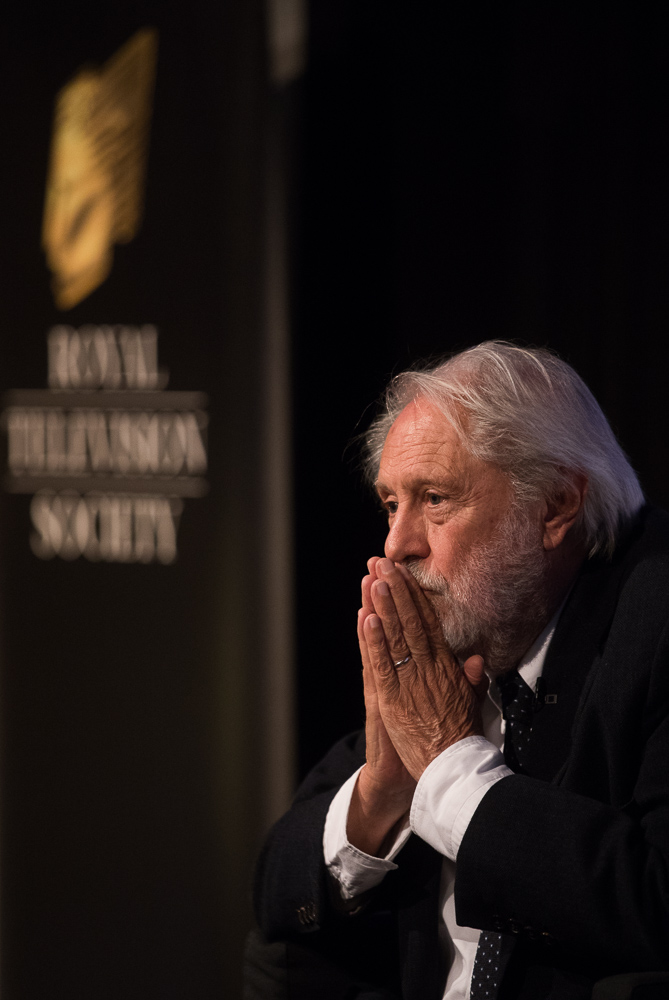
Digital literacy was paramount in an internet age, but to date Ofcom had not taken its responsibilities in this area seriously.
He said: “In the 2002-3 Communications Act we went to extraordinary lengths to ensure that one of the statutory responsibilities given to Ofcom was digital literacy.
“I have to say they have failed miserably. I don’t think it was ever taken seriously. It may well be that it was under-funded. But if it was somebody should have come back and told us.
“Digital literacy is now at a crisis point. We’ve got to address this.”
Impartial, accurate broadcast news was a fragile medium that needed to be protected.
He welcomed the BBC’s recent introduction of the Reality Check series, which aims to debunk fake news.
But Lord Puttnam asked why the corporation had taken so long to introduce it.
“We all have a personal responsibility to question the facts offered to us. It’s a challenging but necessary discipline,” he said.
The reporting of the EU referendum had not been the BBC’s finest hour. “They were tortured over apparent balance,” he said. “A lot of things that should have got said weren’t.”
Lord Puttnam cited how the BBC had failed to show a clip of Boris Johnson giving his unqualified support to the EU.
“On a BBC programme five or six years ago Boris said: ‘It is absolutely vital that Turkey finds its rightful place in an ever-expanding Europe.’”
Puttnam wanted to know why during the referendum campaign Johnson wasn’t confronted with this on Newsnight.
The Oscar-winning film producer and educationalist predicted that Brexit would be a disaster for the British people.
He said that removing the protection the EU gives the UK to stand up to the giants of “data capitalism” was asking for trouble.
On Brexit, he told the RTS how the Chinese think the UK is mad to leave the EU.
Most of China’s population regard Europe as a place of stability in a troubled world, according to research Lord Puttnam quoted.
“They think that this group of 28 nations can get together and work together and create peace in a region that has been tortured by war is a remarkable achievement and it gives them hope.
“Why on earth would we not wish to be part of that extraordinary global experiment? Believe me, they think we are mad,” he said.
He insisted it was possible to avoid the excesses of the internet giants, but only if “every single one of us” upped our game.
In a subsequent question and answer session, chaired by ex-culture minister Ed Vaizey, Lord Puttnam hailed the Financial Times as a beacon of journalistic excellence.
“If the FT is untruthful, it goes out of business. There is nowhere else for it to go. It is totally reliant on people’s belief in it.”
He added; “It’s trapped, if you like, in its own truth. Why shouldn’t that be true of other forms of communication?”
You ain’t see nothin’ yet! was an RTS lecture given by Lord Puttnam at Channel 4, Horseferry Road, London SW1P on October 4. The producer was Sue Robertson.

